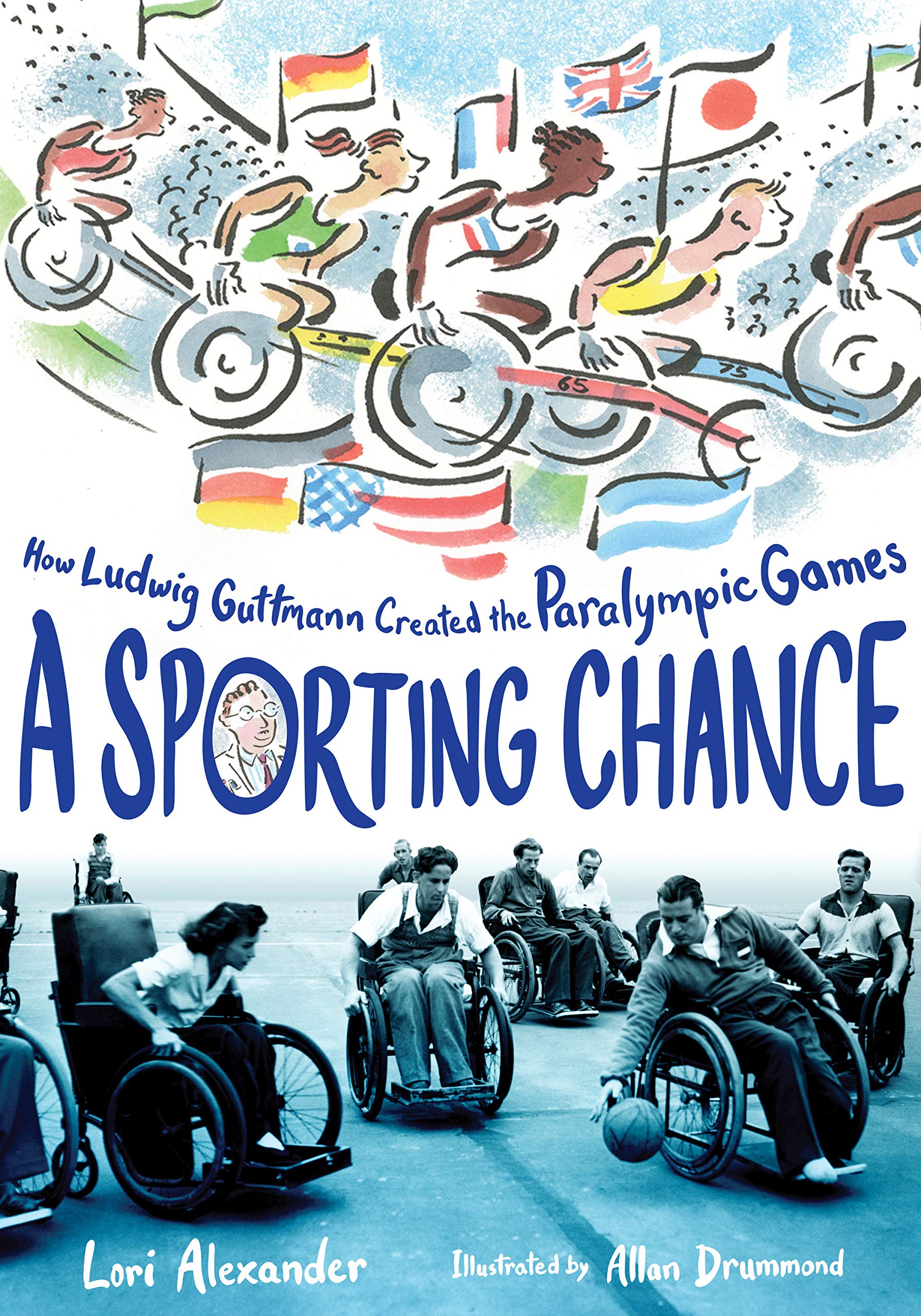2018 School Spending Survey Report
A Sporting Chance: How Ludwig Guttmann Created the Paralympic Games
HMH.
Apr. 2020.
128p.
Tr $17.99. ISBN 9781328580795.
COPY ISBN
VERDICT An uplifting biography that spotlights the dedicated physician who saved lives, created the Paralympic Games, and became a pioneer for disability rights.
ALREADY A SUBSCRIBER? LOG IN
We are currently offering this content for free. Sign up now to activate your personal profile, where you can save articles for future viewing





Be the first reader to comment.
Comment Policy:
Comment should not be empty !!!